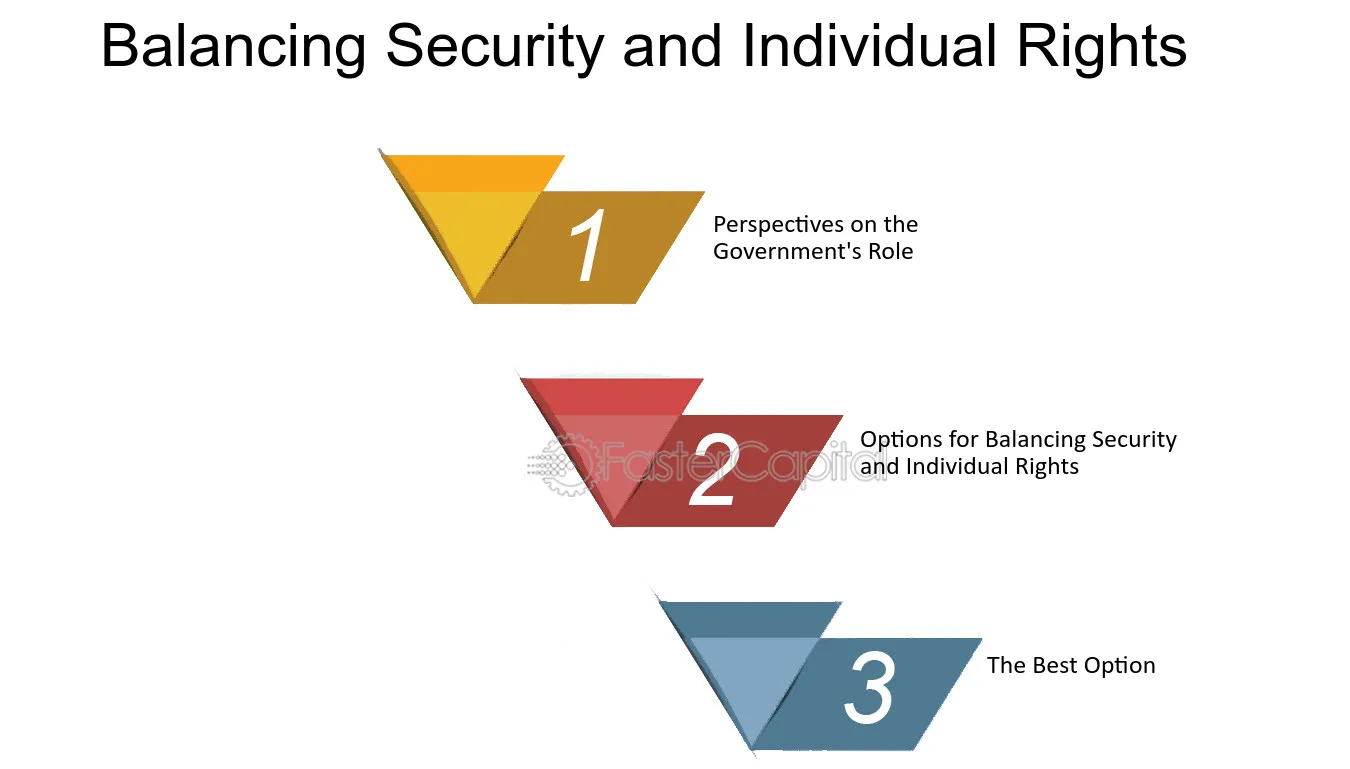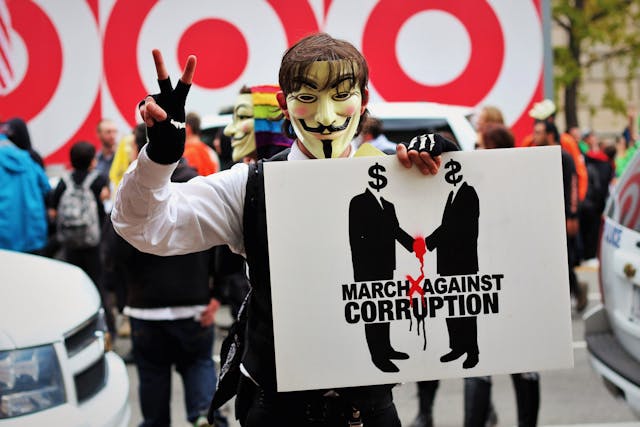Ethical Dilemmas in Politics: Examining Moral Questions and Policy Choices
Politics is a realm where decisions can impact millions of lives, shaping societies, economies, and global relationships. However, the choices made by politicians often come with moral questions that can be difficult to navigate. These ethical dilemmas require leaders to balance competing interests, values, and consequences. This article examines some of the most pressing ethical dilemmas in politics, offering insight into how moral considerations play a role in policy decisions and leadership.

Balancing National Security and Individual Rights
One of the most common ethical dilemmas in politics revolves around national security versus individual freedoms. Governments are tasked with protecting their citizens from threats, such as terrorism or cyberattacks, but these efforts often come at the expense of privacy and civil liberties.
The Dilemma
Policies that focus on security—such as surveillance programs or stringent border controls—may infringe on individual rights, like privacy, free speech, and freedom of movement. The ethical question here is: how can a government ensure security without violating the fundamental rights of its citizens?
Examples
-
Surveillance: Governments around the world have implemented widespread surveillance measures, like mass data collection and wiretapping, to combat terrorism. Critics argue that these practices invade personal privacy and lead to unnecessary government overreach.
-
Immigration Policies: Harsh immigration laws and practices aimed at securing borders often result in the mistreatment of migrants, refugees, and asylum seekers, raising questions about the morality of denying people their human rights.
Moral Considerations
Politicians must find a delicate balance between protecting the public from threats and preserving the rights that define a free society. This dilemma often leads to difficult debates about what is truly necessary for security versus what is an infringement on personal freedoms.
Healthcare and Social Welfare: Who Deserves What?
Access to healthcare and social services is another area where ethical dilemmas frequently arise. While the idea of providing healthcare and social welfare to all citizens is seen as morally just, there are differing views on how much responsibility the government should take in ensuring these services are provided.
The Dilemma
Should healthcare and social welfare be considered basic human rights available to all, or should they be based on an individual's ability to pay or contribute to the system? The ethical challenge is determining whether the government should provide universal access to these services or allow market forces to dictate access based on financial means.
Examples
-
Universal Healthcare: Countries like the UK and Canada provide universal healthcare to all citizens, ensuring that no one is excluded from necessary medical treatment. However, critics argue that this system puts a financial strain on taxpayers and may lead to inefficiencies in healthcare delivery.
-
Welfare Programs: Social welfare programs aimed at alleviating poverty often come with strict eligibility requirements. Debates arise over whether these programs encourage dependency or provide necessary assistance to those in need.
Moral Considerations
The ethical question here revolves around the values of equality and fairness. Is it morally right for a government to ensure that everyone, regardless of income, has access to the same level of healthcare and social services? Or should people be expected to take personal responsibility for their well-being and financial stability?
Climate Change and Environmental Responsibility
The issue of climate change has become one of the most urgent ethical dilemmas in politics. Political leaders are faced with the challenge of balancing economic growth with environmental sustainability, while also addressing the needs of vulnerable populations affected by environmental changes.
The Dilemma
Should governments prioritize economic development, which often contributes to environmental degradation, or should they take decisive action to protect the environment, even if it means slowing economic growth or making industries less competitive?
Examples
-
Fossil Fuel Dependence: Many countries rely heavily on fossil fuels for energy and economic development. Transitioning to renewable energy sources may be costly and disruptive, particularly in developing countries or industries that depend on fossil fuels for jobs.
-
Environmental Justice: Climate change disproportionately affects poor and marginalized communities. Policies aimed at combating climate change must consider the ethical implications of protecting the environment while addressing the economic and social needs of those most impacted by environmental disasters.
Moral Considerations
Politicians must weigh the short-term economic benefits of continued environmental exploitation against the long-term consequences of climate change. Additionally, they must consider the moral duty to protect future generations and the planet as a whole while ensuring that vulnerable communities are not left behind in the transition to a greener economy.
War and Military Intervention: When Is It Justifiable?
The decision to go to war or intervene in foreign conflicts is one of the most serious ethical dilemmas in politics. The consequences of military action are often far-reaching, affecting the lives of soldiers, civilians, and entire nations.
The Dilemma
When, if ever, is it morally justifiable for a government to use military force in international conflicts? While some argue that intervention is necessary to stop human rights abuses or protect national interests, others believe that military action should only be a last resort, as it often leads to unnecessary loss of life and destabilization.
Examples
-
The Iraq War: The 2003 invasion of Iraq is a prominent example of controversial military intervention. The U.S. government justified the invasion by claiming Iraq possessed weapons of mass destruction, but no such weapons were found, and the war resulted in significant civilian casualties and long-term instability in the region.
-
Humanitarian Interventions: Interventions in places like Bosnia, Rwanda, and Libya have been justified on humanitarian grounds, aiming to stop genocides and human rights abuses. However, these interventions often raise questions about sovereignty, the effectiveness of military action, and whether they create more harm than good.
Moral Considerations
The ethical dilemma here revolves around the principle of "just war" theory, which attempts to balance the need to protect human life with the realities of military conflict. Governments must carefully consider whether the benefits of intervention outweigh the harm caused, both to civilians and to international stability.
Campaign Financing: Corruption and Influence
Campaign financing is another area fraught with ethical challenges. Politicians rely on donors and interest groups to fund their campaigns, but this financial support can often lead to questions about the influence of money in politics and its impact on policy decisions.
The Dilemma
How can political leaders ensure they are representing the public's interests if their campaigns are funded by wealthy individuals, corporations, and lobbyists with their own agendas? The ethical question is whether these financial contributions corrupt the political process and create unfair advantages for those with deep pockets.
Examples
-
Super PACs and Dark Money: The rise of Super PACs and untraceable "dark money" in political campaigns has raised concerns about the transparency and fairness of the electoral system. Wealthy donors can contribute unlimited sums of money, potentially influencing policy decisions in their favor.
-
Lobbying: Interest groups spend millions of dollars lobbying politicians to pass laws that benefit their industries, sometimes at the expense of the public good. This raises questions about whether elected officials are truly serving their constituents or the interests of their donors.
Moral Considerations
Politicians must navigate the delicate balance between fundraising and maintaining ethical standards. The challenge lies in ensuring that campaign finance does not distort the political process or give undue influence to powerful interests at the expense of the average citizen.

Conclusion: The Complexity of Political Ethics
Ethical dilemmas in politics are complex and often involve balancing competing interests and values. Whether it’s making decisions about national security, healthcare, climate change, military intervention, or campaign financing, politicians face moral questions that require thoughtful consideration and careful judgment. These decisions shape the future of societies, and the choices made can have long-lasting impacts on individuals and communities. As citizens, it is important to stay informed and engaged in these discussions, as ethical leadership is essential for creating a fair, just, and sustainable society.












